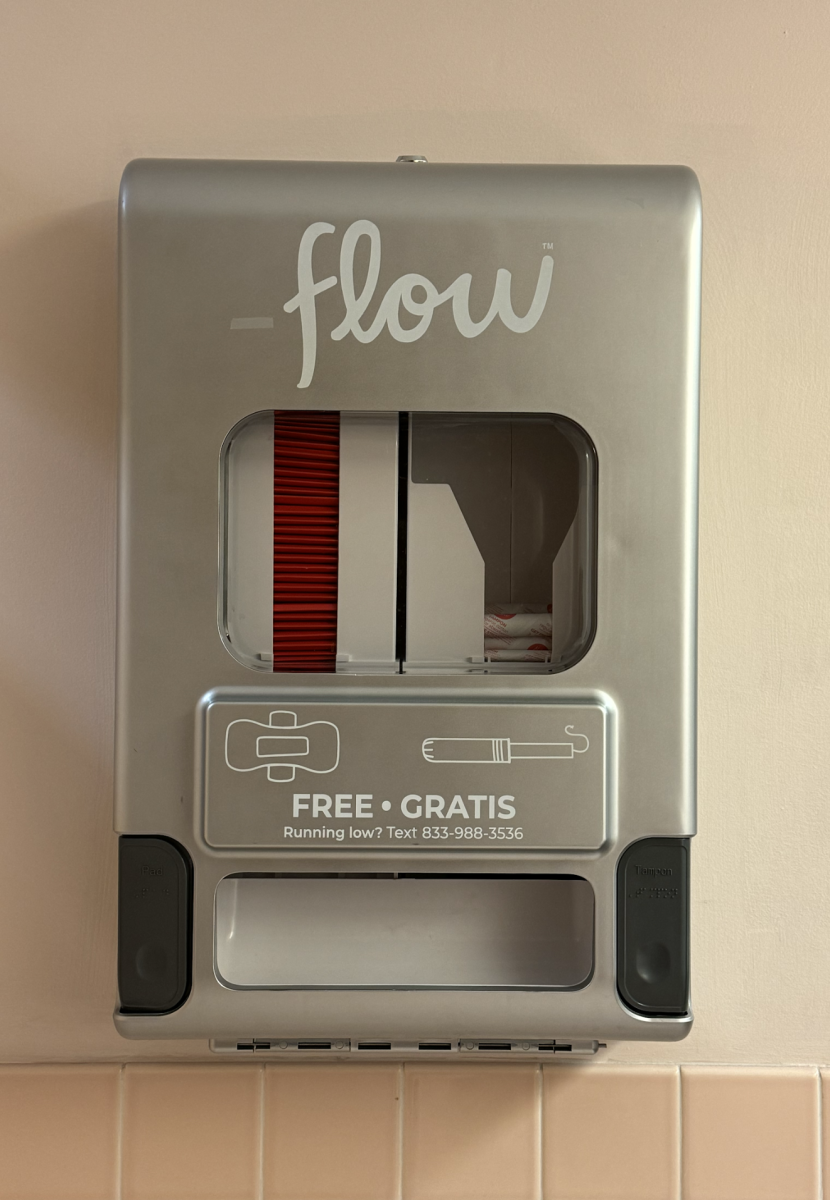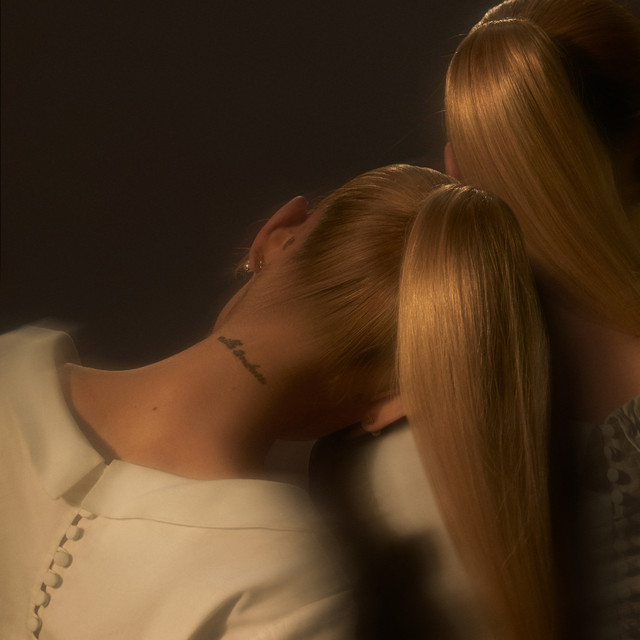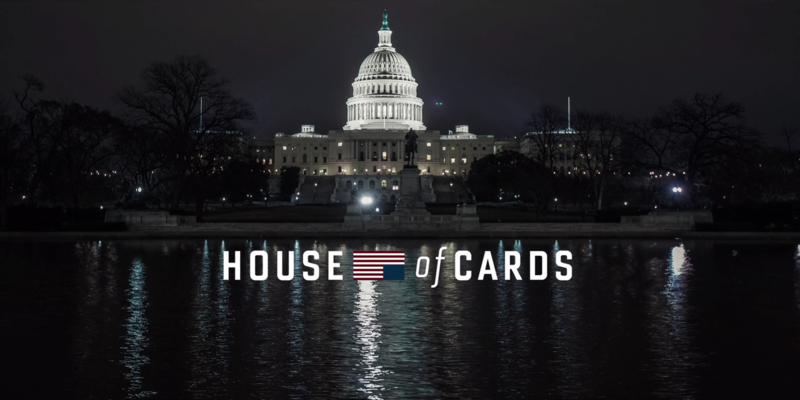Photos Courtesy of en.wikipedia.org and www.expertbriefings.com


The return of two popular political dramas, House of Cards and Scandal, has left me constantly comparing the two shows.
Although both are about political insiders navigating a corrupt American political system, stylistically they could not be more different. House of Cards sells itself as a prestige drama, while Scandal is perceived as a soapy melodrama. Both tell similar stories: antihero narratives about individuals treating the political system as an intricate game.
One of them however, is simply much better at telling this story.
House of Cards is a soap opera pretending to be an opera. The show is smug and self-serious when it’s not particularly special at all. Every time Congressman Frank Underwood (Kevin Spacey) looks over at the camera and talks out to – or, rather, talks down to – the audience, it feels glib and indulgent.
These moments exemplify the show’s biggest, most grating problem: it keeps telling us that it is oh-so-clever without showing anything substantial to prove it. Frank is clearly making up his scheming to rise through the political ranks on the fly, but the show pretentiously wants us to believe this is some pre-ordained Greek tragedy. That would be fine if the show’s writing didn’t feel equal parts insincere and calculated.
House of Cards wants to be pure entertainment but it’s glossed over with brooding, elegant direction and occasional stabs at thematic ambition. It has the sheen of a great cable drama, such as The Sopranos or Mad Men, but it lacks the depths that make those shows great.
Scandal, by contrast, is pure entertainment that chooses to be pure entertainment. Scandal knows it’s calculated to instill a response in you; it is a political soap, after all. For example, an assassination attempt is made on the president, the presidential election is rigged, and political fixer Olivia Pope (Kerry Washington) is having an affair with the president. But the delicious insanity of Scandal hides the thematic and narrative depths House of Cards only pretends it’s achieving. If you look past the artifice, Scandal is a pointed indictment of the political compromises made in post-9/11 America. Scandal’s crazy train simply runs on high enough emotions that it leads you to overlook the black-hearted center of the series. In the world of Scandal, everyone has compromised themselves in the name of some cause, organization, or, worse still, the nation. In the world of House of Cards, everyone has compromised themselves in the name of power (or narrative convenience).
The nightmare of Scandal is the political actors believe they know better than the American citizens. The nightmare of House of Cards is that political actors only care about themselves – which sounds comparatively wholesome. Take your pick: curdled idealism or nihilistic egotism.
Scandal comes off as a trashy, airheaded distraction but has conviction in its tawdriness, while House of Cards appears to be a smart, eloquent production with no conviction in anything it’s saying. Like its protagonist, House of Cards is a smooth operator, but even it has the difficult time of selling itself as anything more than a flashy, hollow trifle. Scandal knows, however, that sometimes a trifle is not something to be trifled with.









































































































